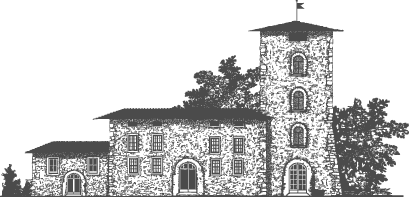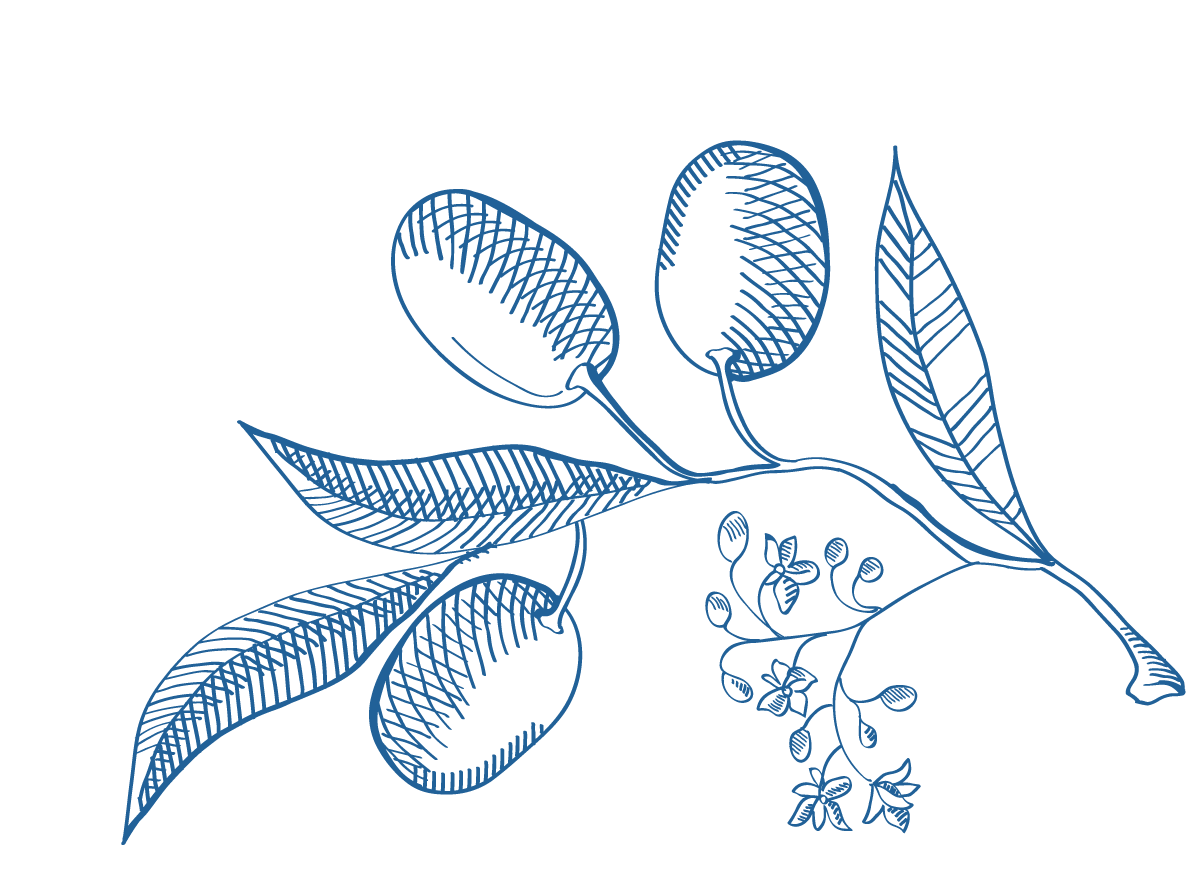


With the beautiful spring days wandering around Tuscany is even more beautiful. Let's go back to our column of the best itineraries according to Borgo Scopeto, let's talk about the medieval castles and abbeys in the province of Siena.
16 km from Borgo Scopeto
Fortification of Lombard origin, it began to play an important role from the 12th century, when it became the property of the Ricasoli family, to whom it still belongs today and to whom the “recipe” of Chianti Classico is attributed. In fact, the castle stands in the middle of vast vineyards, from which the Ricasoli barons have obtained their famous wine since 1141. The original remains of the medieval castle are still present within the walls, especially the keep, a Romanesque church and a neo-Gothic villa in red brick. It is possible to visit the castle, with the exception of the main building, walk around the ramparts from where you can enjoy splendid views of the hills, visit the private chapel and the Ricasoli Collection.
25 km from Borgo Scopeto
It is one of the oldest and best known medieval villages in Italy. Built by Siena for defensive purposes between 1213 and 1219, it is also named by Dante Alighieri in the Divine Comedy; Hell, Canto XXXI. The village dominates the territory from the top of a hill overlooking the Via Cassia, a strategic position in the Valdelsa area. The point of greatest interest is its castle, founded in the second decade of the thirteenth century. Today it retains most of the 13th century, such as the 570 meter long walls and 14 imposing towers. Inside the walls, the Church of Santa Maria Assunta overlooks the square, a building that most of all retains its typical medieval appearance.
25 km from Borgo Scopeto
It is located between Monteriggioni and Strove. The name of the place derives from the marshes that once surrounded the lower part which made it look like a fortification perched on an island. It was founded in 1001 by the Lombard nobleman Ava di Staggia, who invited a community of Benedictines to settle in the complex. These carried out a difficult job of reclamation of the swamp and of enlargement of the monastery. In 1173 the church dedicated to San Cirino, a masterpiece of Romanesque art, was consecrated. It was abandoned in 1445 due to the strong expansion of the neighboring towns and thus began a slow decline. In a short time Abbadia a Isola turned into an anonymous rural village. Still whole is part of the moat, the main access gate, a square tower and a beautiful polygonal tower located at the north-west summit. A hint of bastion is still visible along the walls of the southwest corner. Today it houses a hostel for pilgrims who travel the Via Francigena.
50 km from Borgo Scopeto
A splendid monastery, of which only the remains remain today, it is today considered one of the most evocative and prestigious examples of Gothic-Cistercian architecture in Italy, it was the seat of one of the most important monasteries in Tuscany. The noble knight Galgano Guidotti, after giving up his life of comfort and wealth, took up the Cistercian habit and decided to have a chapel built on Monte Siepi, where in 1180 he chose to die as a hermit. Subsequently, the Cistercian monks built an oratory and a building in honor of the monk, who became a saint; thus the Abbey was born. In 1300 it was devastated by the troops directed by Giovanni Acuto and in 1400 the period of decline began, which culminated in the decision to abolish the monastic orders. A short distance from the abbey is the hermitage of Montesiepi, which houses the mysterious sword in the stone, 'Excalibur', the sword that San Galgano stuck in the stone when he decided to leave his noble life.
What do you think? Have you already explored these medieval castles and abbeys in the province of Siena?
Let us know on our Facebook page.

